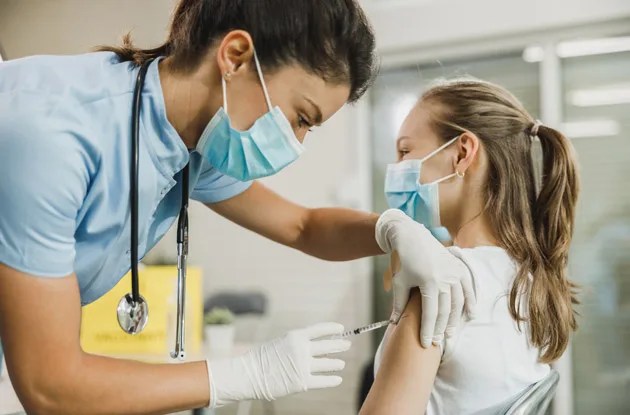Doctors are exploring two promising new ways to save premature babies’ eyesight: giving babies an important hormone in eye growth, and maintaining lower but consistent oxygen levels. Once the blinding disease, retinopathy of prematurity (ROP), strikes, it is almost impossible to save an infant’s vision. Even today’s best treatment, laser surgery, only decreases the chance of blindness by about 25 percent, and those who don’t go blind may never see well enough in adulthood to drive. The risk for ROP is greater the smaller the preemie. Very premature babies don’t have properly developed blood vessels in the retina, so sudden exposure to oxygen can cut off further blood vessel formation. The retina then sends out “a call for help”, resulting in the growth of abnormal retinal tissue, which can lead to scaring of the retina and, sometimes, detachment. While doctors can fight that process by using a laser to destroy part of the retina, the technique also destroys some of the healthy eye tissue. And, the procedure can’t fully restore lost sight. Experiments in the fight against ROP point to potential new solutions. Based on research showing the oxygen level in utero is low, doctors at the Cedars-Sinai Medical Center, in Los Angeles, set the oxygen level 10 percent lower than normal for a healthy person. The neonatal intensive care workers were then instructed to keep each infant’s oxygen levels as steady as possible, rather than the common daily raising and lowering of levels. Since this experiment began, the rate of ROP at Cedars-Sinai has dropped from 12.5 percent, in 1997 — higher than the national average of 9.8 percent — to 3.7 percent in 2001. However, this system of care can’t work yet in all hospitals because the doctors did not set up a group for comparison to show the ROP rates improved. For now, doctors say the best way to protect your preemie is to have them treated in a neonatal intensive care unit, and examined for ROP four to six weeks after birth. It also can’t hurt to inquire right away about ROP and how closely their oxygen levels are being monitored.





















